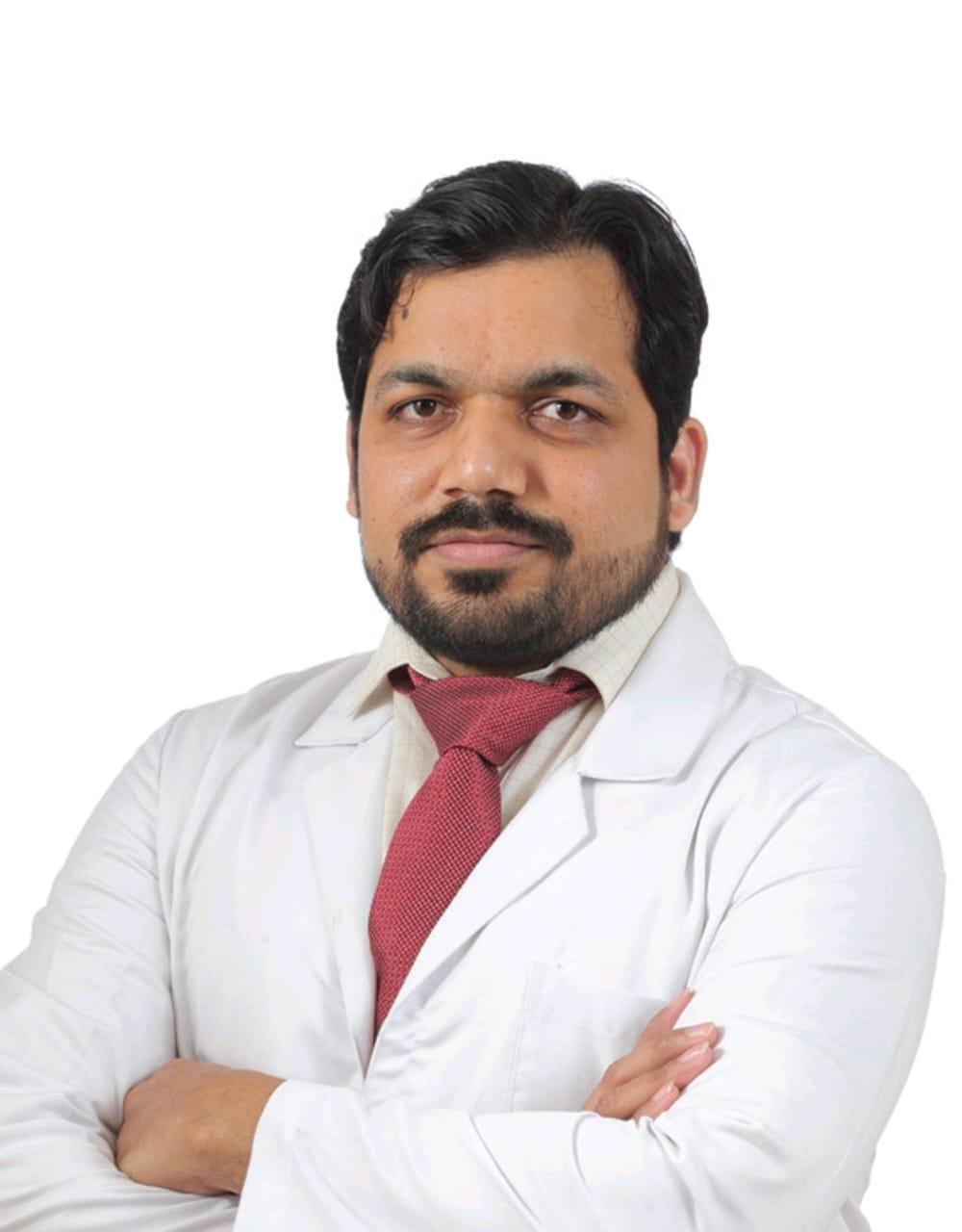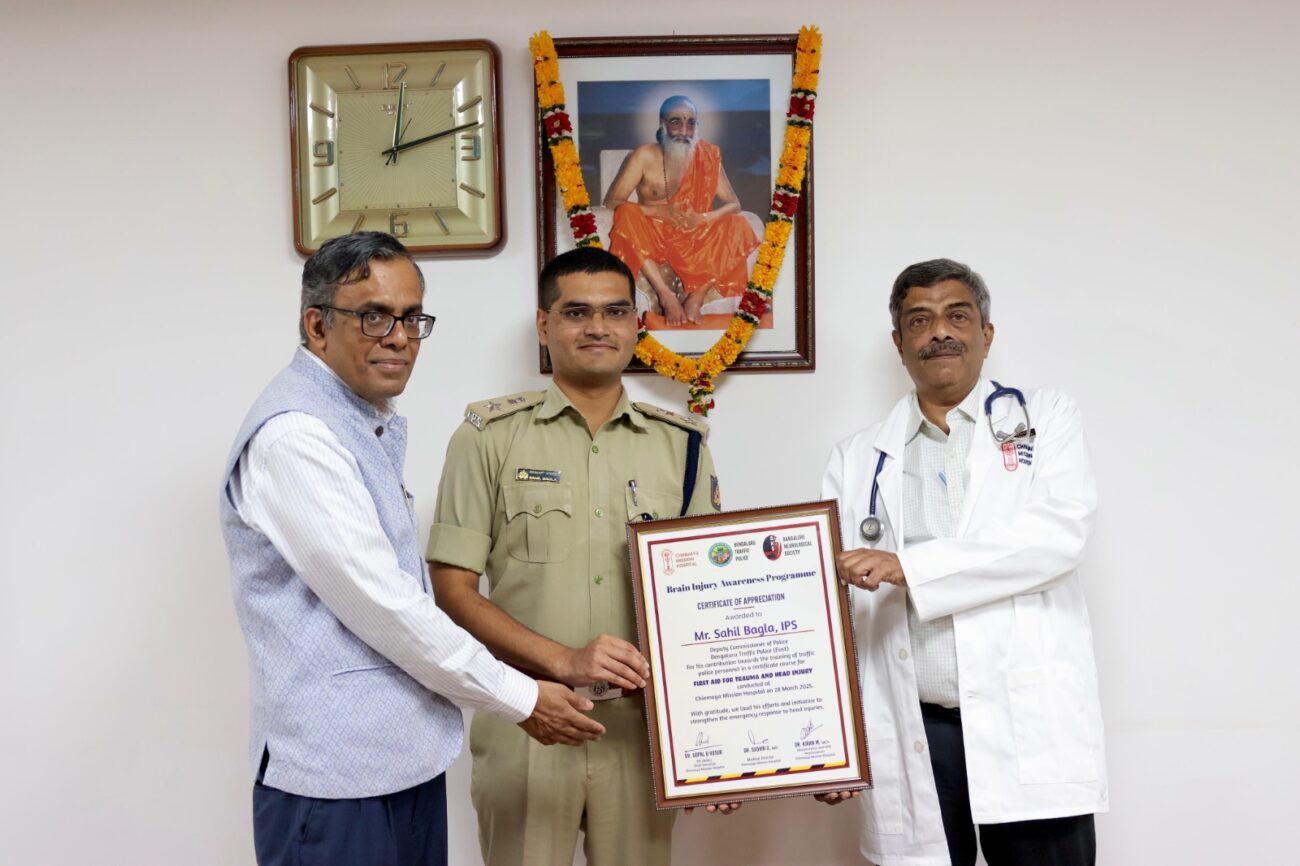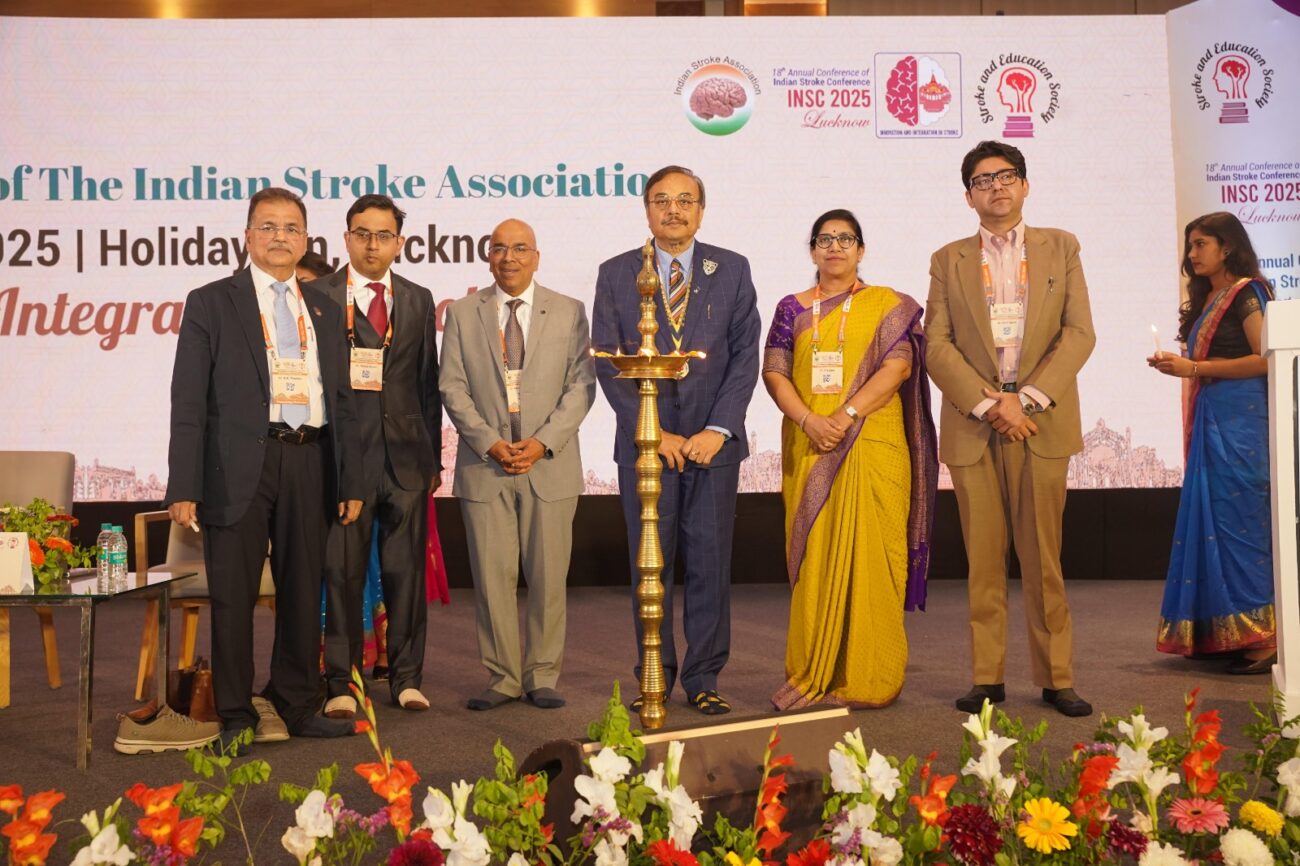Almost 50% of the Population Suffers from Anemia & Remaining 50% Require Anemia Related Intervention: Says AIIMS Professor
HEAL Foundation, an Indian non-profit organization, held Quality, Accessibility, and Data Integration- Keys to Anemia Eradication eSummit- the Episode-23 of the HEAL-Thy Samvaad series. The eSummit - supported by HemoCue - discussed the challenges and
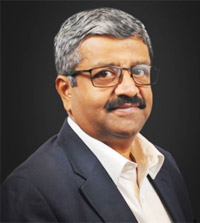
HEAL Foundation, an Indian non-profit organization, held Quality, Accessibility, and Data Integration- Keys to Anemia Eradication eSummit- the Episode-23 of the HEAL-Thy Samvaad series. The eSummit – supported by HemoCue – discussed the challenges and solutions for anemia eradication.
Dr P Sivakumar, Advisor ESI MedTek Solutions, and moderator of eSummit said, “Anemia Mukt Bharat, an initiative of MoHFW and UNICEF was launched in 2018 to reduce the overall burden of anemia in India. The scheme is part of the intensified national iron plus program. The program focuses on 6 target beneficiary groups through 6 interventions and 6 institutional mechanisms to achieve the envisaged target under POSHAN Abhiyaan. This eSummit is an effort to understand where we stand and the way forward.”
Anemia is a major healthcare challenge in India with almost every second child and woman of reproductive age suffering from it. Over the years several initiatives were taken by governments to curb the menace. However, despite these continuous efforts, the graph for anemia keeps on rising steadily. India has a huge population of 1.3 billion and for any program to be successful, the government must get all the support it can get.
Speaking during HEAL-Thy Samvaad, the most recent initiative of government Anemia Mukt Bharat, Dr Kapil Yadav, Additional Professor & Nodal Person, National Centre of Excellence and Advanced Research on Anemia Control (NCEAR-A), Centre for Community Medicine, AIIMS, New Delhi, said, “It’s been only 3 years since the launch in 2018. We have been very successful in some areas like provision of diagnosis across states and Iron Folic acid supplementation coverage, which has improved. Most states have launched AMB successfully. However, there were a few challenges too. We still have a long way to go if we have to achieve the milestone laid down in AMB. The challenge is humongous as almost 50% of the population suffers from anemia and the remaining 50% who do not have anemia still require intervention related to anemia as they might have nutrition deficiencies. I am personally happy with our achievements in the first 3 years.”
Expressing his views on Public-Private Partnership for Anemia eradication during HEAL-Thy Samvaad, Dr. Harshwardhan Dere, Director Programs, Americares India Foundation said, “The government has a very robust policy for public-private partnership (PPP) for NCD however, the same is missing for anemia. This is where the first step can be taken. The private sector can provide direct support to the govt for the implementation of activities such as IFS reach and hands-on support for point of care testing, digital testing, which are important parameters in AMB. The private sector has immense experience in the supply chain, which is another area where PPP models can be worked out.”
Speaking on Digital tools for AMB, Dr. Virender Ahlawat, Deputy Director NHM, Nodal Officer AMB State Immunization Officer, Haryana said, “We have learned a lot in the past 1 and half years and pretty much everyone using digital portals to implement the programs. However, we still need to simplify our portals up to the Asha workers level who are the end-users. We have provided Mobile-Tablets of Asha workers in 12 districts through which they maintain the record of immunization and we are trying to triangulate this with anemia and maternal health. Taking the digitalization to the root level of Anganwadi, ANM, and Asha workers in the future.”
Dr Archana Mishra, Dy. Director, Maternal Health, National Health Mission (NHM), Madhya Pradesh, said, “We are using digital hemoglobinometer at PHC level. We have devised a mechanism where pregnant women undergo atleast 1 check-up at PHC level where their hemoglobin is measured. We are implementing the mechanism throughout the state. The launch of Lakshya programs has ensured that a point of care device is available in the labor room when women come in an emergency. We have provided digital hemoglobinometer high load centers.”
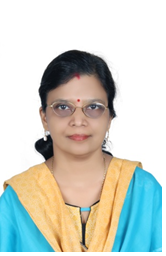
Dr J L Meena, Division Head of “Service Provider Engagement” (Provider Operation, Empanelment & IC/TPA/ISA), National Health Authority (NHA), GoI, said, “In the PM-JAY program we have empanelled private hospital and have seen that 50% of facilities are availed by females, which is an excellent example of PPP. Presently we have cumulative packages for diagnosis and treatment. We are thinking in lines of separating diagnosis from treatment through e-vouchers. When implemented beneficiaries would be able to go for tests including anemia testing through e-voucher received directly on their mobile.”
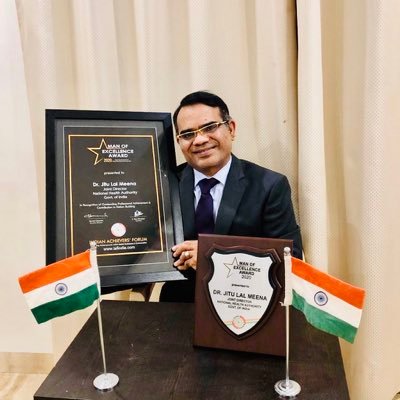
Dr Hema Divakar, Past President, FOGSI, said, “Persistence is the key to success. Digital technology needs to be exploited much more than it is today. The reason is somehow both the consumer and provider have been slow in adapting the digital technologies in the healthcare space. People use digital for every day-to-day activity but when it comes to healthcare, they are a bit hesitant. The buzz around COVID was such that people even in remote villages were checking their oxygen saturation through pulse oximeters and asking questions on chat. Similar deep percolation has not happened for anemia or hemoglobin level as an important healthcare parameter. With Point of Care devices, we have taken a big leap at the laboratory level where 1 drop can give hemoglobin level. However, advocacy needs to be there for people’s contribution that their health is in their hands. Improved awareness among people is essential for success.”




